EU extends Feith mandate in Kosovo
EU Council of Ministers in Brussels has extended the mandate of the EU Special Representative in Kosovo Pieter Feith until August 31.
Thursday, 25.02.2010.
17:26

EU Council of Ministers in Brussels has extended the mandate of the EU Special Representative in Kosovo Pieter Feith until August 31. The decision to extend his mandate was adopted without a debate at the meeting of justice and interior ministers. EU extends Feith mandate in Kosovo The decision was originally to be adopted at the meeting of the EU foreign ministers last Monday, when they extended the six-month mandates to practically all EU special representatives elsewhere in the world. The officials also explained that the mandates of all the EU special representatives could be re-examined when the External European Action Service was formed, probably by mid-year. This is, according to the Lisbon Treaty, the structure of a new, strong diplomacy of the EU, that the European Commission (EC), Council of Ministers and members of the EU are working on. Concern was previously expressed by some members of the EU, which do not recognize Kosovo, such as Spain, which asked how Feith, as the holder of the EU mandate, would act neutrally regarding the status of Kosovo, if, as head of the International Civilian Office (ICO), he wishes to implement the Ahtisaari plan for Kosovo's supervised independence. Neutrality in relation to the Kosovo status was the foundation on which all the EU members approved the EU mission in Kosovo, EULEX. Slovak Foreign Minister Miroslav Lajcak was the only one who spoke about this issue more explicitly at the meeting, when he said that Feith must respect individual views of all EU member-states when it comes to Kosovo. Asked whether this was compatible with a plan ICO produced together with the Kosovo Albanian government, with the aim of bringing the province's northern, Serb areas under Pristina's control, Lajcak replied: “I do not want to make statements about the plan for northern Kosovo, because I do not know if this plan exists at all, and how much ‘authorization’ there is.” “And, it is certain that it has never been discussed and even less so approved or accepted at the European institutions' level,” the Slovak foreign minister concluded. Pieter Feith (FoNet, file)
EU extends Feith mandate in Kosovo
The decision was originally to be adopted at the meeting of the EU foreign ministers last Monday, when they extended the six-month mandates to practically all EU special representatives elsewhere in the world.The officials also explained that the mandates of all the EU special representatives could be re-examined when the External European Action Service was formed, probably by mid-year.
This is, according to the Lisbon Treaty, the structure of a new, strong diplomacy of the EU, that the European Commission (EC), Council of Ministers and members of the EU are working on.
Concern was previously expressed by some members of the EU, which do not recognize Kosovo, such as Spain, which asked how Feith, as the holder of the EU mandate, would act neutrally regarding the status of Kosovo, if, as head of the International Civilian Office (ICO), he wishes to implement the Ahtisaari plan for Kosovo's supervised independence.
Neutrality in relation to the Kosovo status was the foundation on which all the EU members approved the EU mission in Kosovo, EULEX.
Slovak Foreign Minister Miroslav Lajčak was the only one who spoke about this issue more explicitly at the meeting, when he said that Feith must respect individual views of all EU member-states when it comes to Kosovo.
Asked whether this was compatible with a plan ICO produced together with the Kosovo Albanian government, with the aim of bringing the province's northern, Serb areas under Priština's control, Lajčak replied: “I do not want to make statements about the plan for northern Kosovo, because I do not know if this plan exists at all, and how much ‘authorization’ there is.”
“And, it is certain that it has never been discussed and even less so approved or accepted at the European institutions' level,” the Slovak foreign minister concluded.










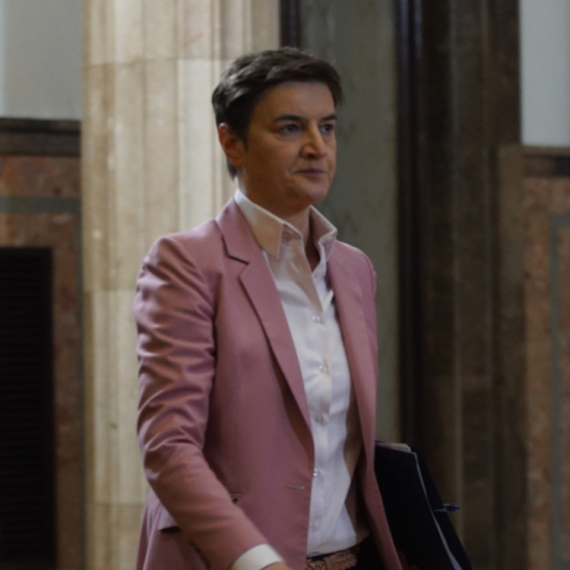



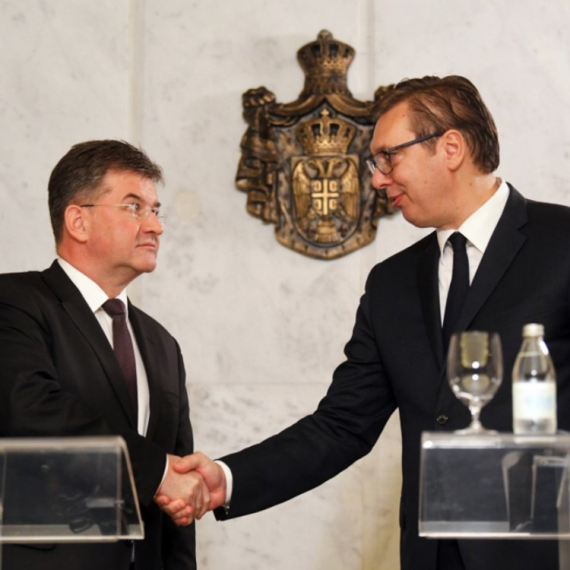


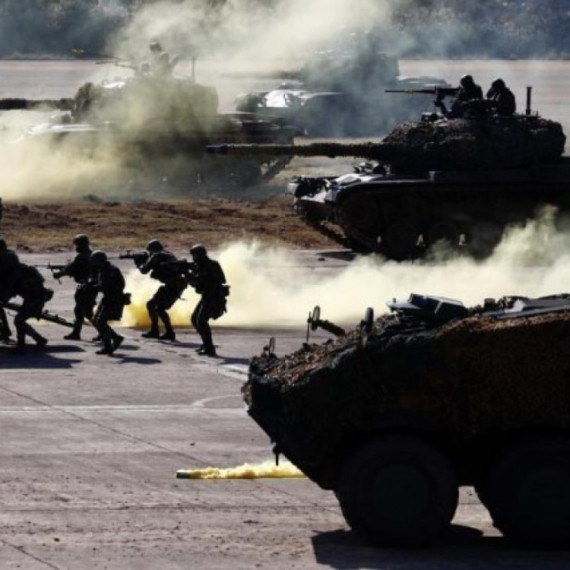




















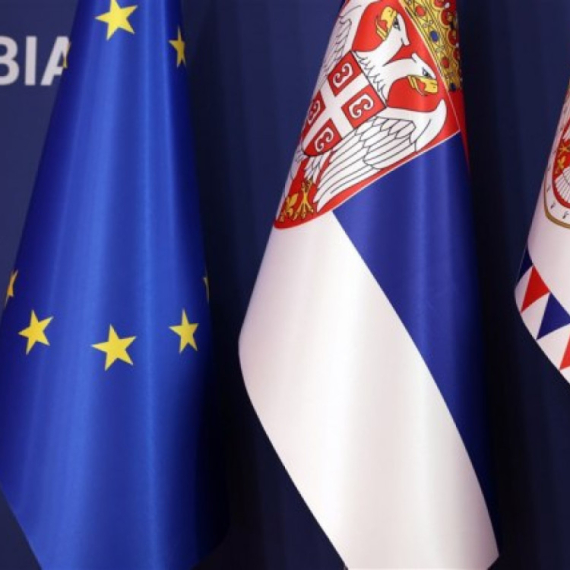
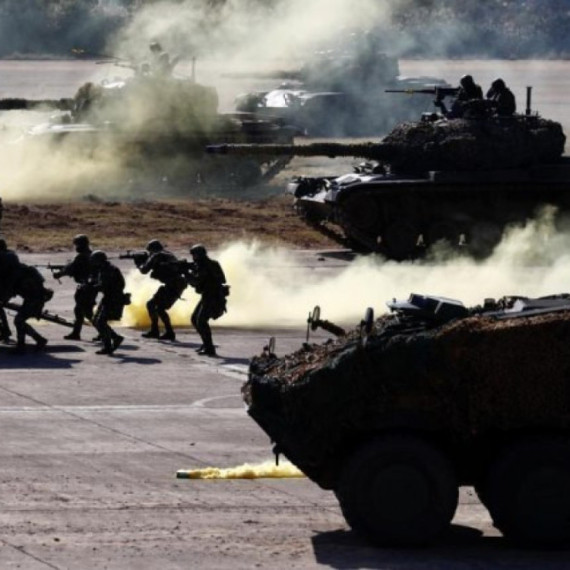
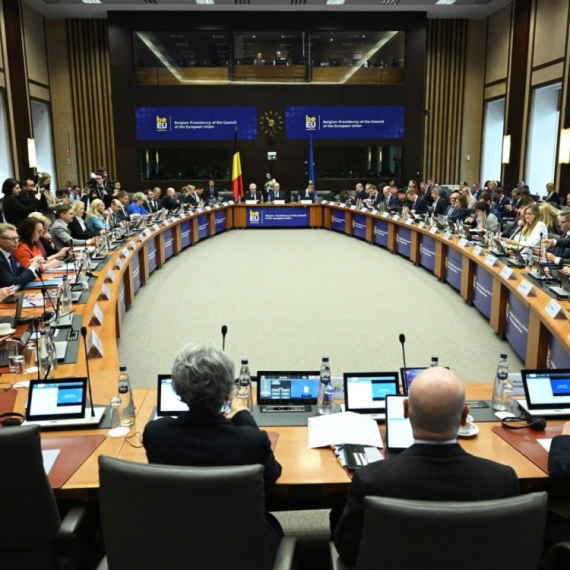
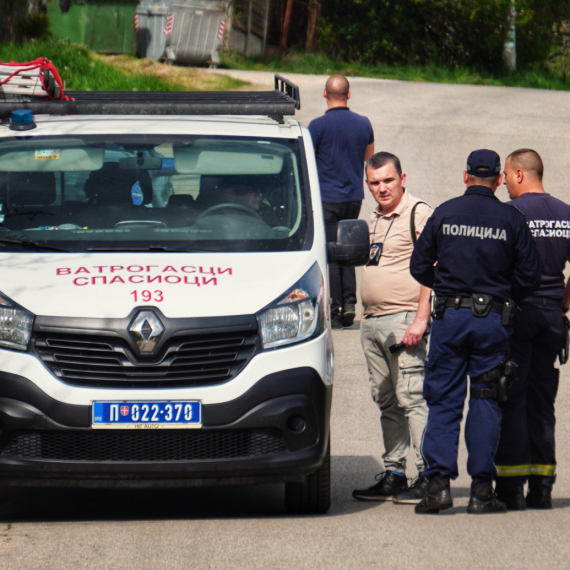
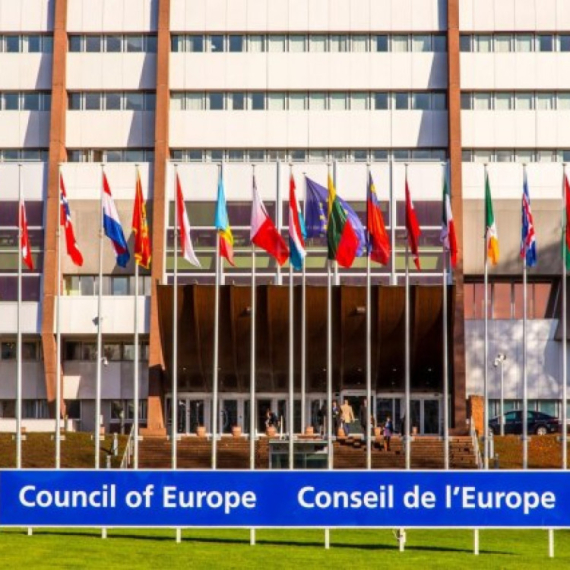
















Komentari 11
Pogledaj komentare